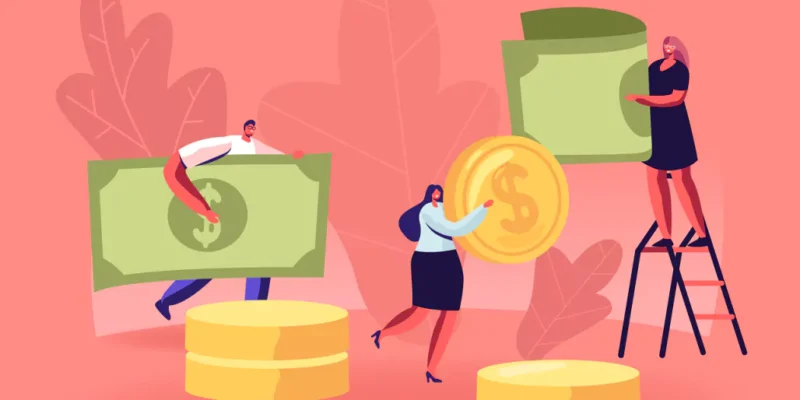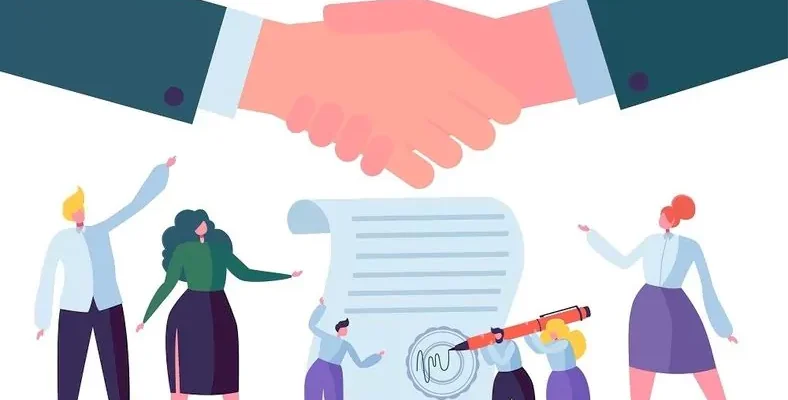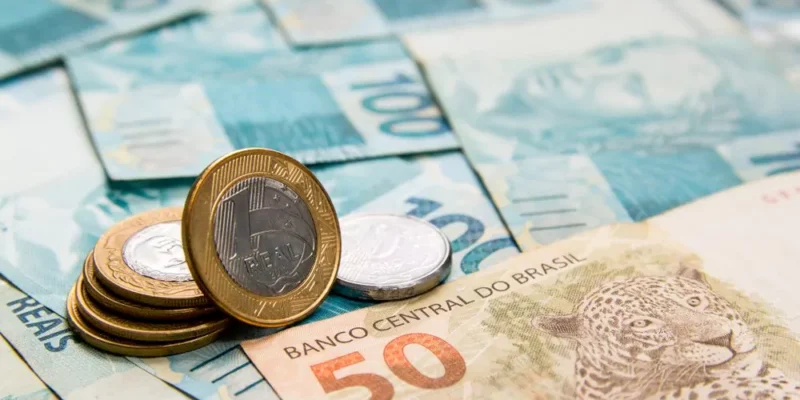Financial inclusion is a long-standing global concern. Project data Global Financial Index (Global Findex) had great repercussions at the beginning of the last decade, showing a huge number of unbanked people around the world. The latest survey from this project has just been released by the World Bank, with data for 2021. The figures were collected through field research with representative samples from hundreds of countries and constitute the main database on the subject.
The latest report provides an assessment of a decade - a decade that was far from just any decade. Along the way, the process of digitalization was consolidated, putting many services in the palm of your hand. The world also experienced the long pandemic shock, which changed routines, consumer habits and behavior.
The survey's main data point is access to a bank account. You may not be able to imagine what adult life could be like without this basic service, which allows you to receive salaries, transfer funds and pay bills, among other things. But the fact is that by 2011, only half of the world's population (51%) had access to a bank or financial institution account.
This picture has changed. The percentage of banked in the world population has been growing over the last few years - until it reached 76% in the latest release. In Brazil, the figures are similar. The percentage went from 56% in 2011 to 84% in 2021. The graph below shows the evolution of banking in each Global Findex survey, comparing Brazil and the world. It can be seen that the country's figures exceed the world average over the entire period.

The journey of financial inclusion is broader and involves using the services that a bank account and other channels can offer. Payments, savings deposits and obtaining credit are the three main paths to inclusion and were part of the wide-ranging investigation conducted by Global Findex. In the case of Brazil, the survey found that four out of ten have already borrowed from a financial institution. The same proportion say they have a credit card, and seven out of ten say they have paid digitally.
Financial inclusion is a challenge that is attracting global attention because using financial instruments requires a minimum level of knowledge. In addition, when thinking about services involving credit, the risk inherent in these operations and the asymmetry of information must be taken into account. Thus, the advance of the figures collected by the Global Findex confirms that there is a set of actions to make inclusion economically sustainable and efficient.
Credit bureaus have contributed to this effort, not least because their aim is to make a contingent of consumers with no previous relationship with this market visible to the credit system. This inclusion has been made possible thanks to the use of information from other sectors, such as telecommunications and utilities (electricity, sanitation and gas) to analyze the customer's credit history. This is because consumers who pay their telephone and utilities bills, even if they have never contracted the services of a bank, have in this monthly payment the necessary activity to evaluate their credit behavior.
To give an idea of the impact of this process, it's enough to remember that the sharing of information from telecommunications companies in the Positive Register made more than 12 million people invisible to credit visible to the financial system. These consumers were absent from the databases shared by financial institutions, but appeared in the databases of the other sector. In addition to the effort to reduce the asymmetry of information, there is an effort to disseminate financial education so that these consumers make good use of the services available to them.
The Global Findex In short, they show that the mobilization around the issue of financial inclusion has been producing results in Brazil and around the world, and that there is still a long way to go before banking becomes a conscious use of banking services, increasing the well-being of the population.
Global Findex
Thanks for reading! Access other content at ANBC website.
By: Elias Sfeir President of ANBC & Member of the Climate Council of the City of São Paulo & Certified Advisor




